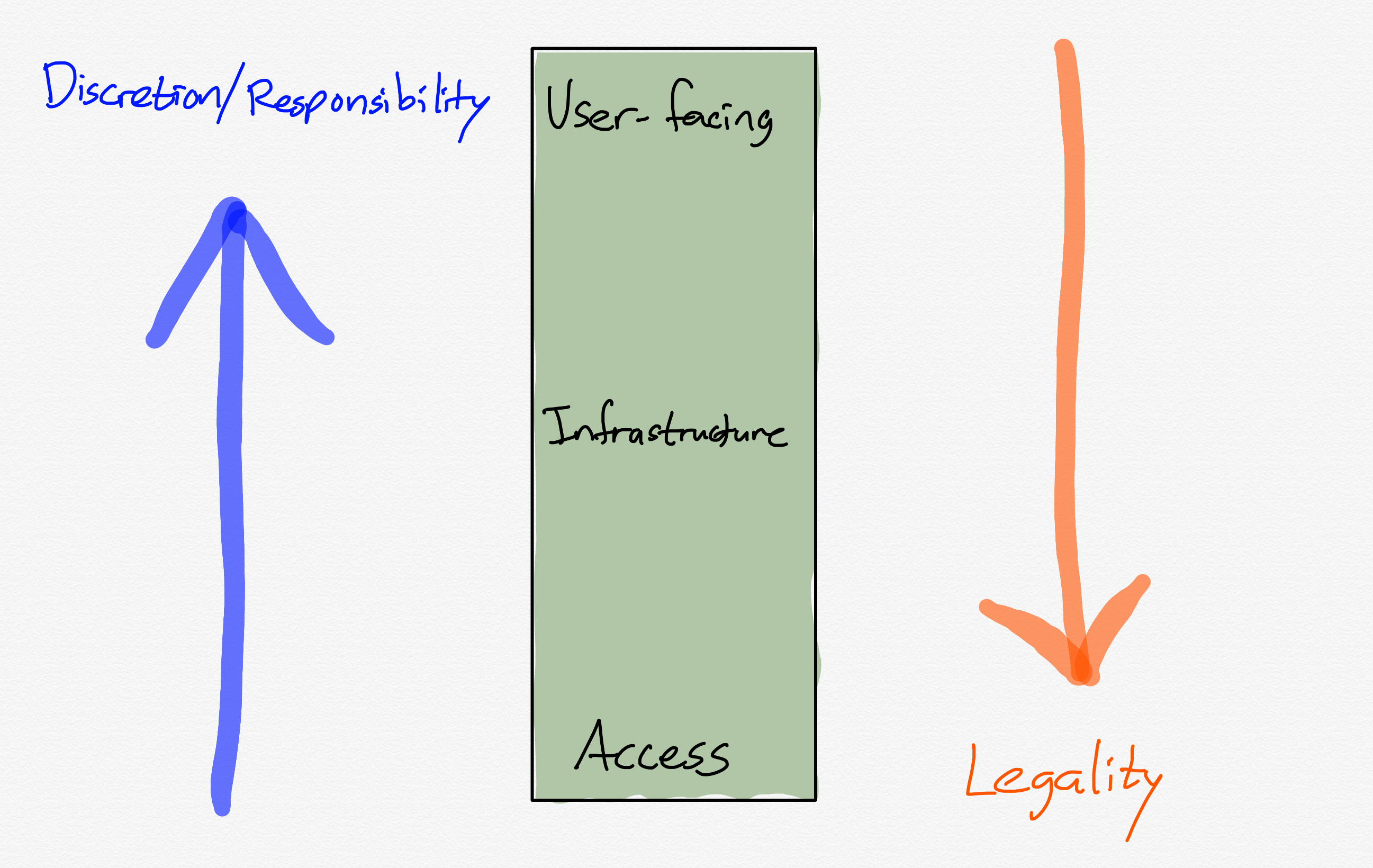Media Missteps
The first way in which accountability can go wrong is in the lack of it.

Capital Thinking • Issue #708 • View online
On September 8, 2004, longtime CBS anchor Dan Rather presented four documents about then-President George W. Bush’s Texas Air National Guard service in the early 1970s.
Bush’s service had been a matter of some controversy throughout the 2004 presidential campaign, particularly given the rather suspect way in which his military records were released: on multiple occasions records deemed to have been lost were mysteriously found weeks or months later, and only the Bush campaign had managed to produce records placing the President in Alabama in 1972, when the Democratic National Committee accused him of being AWOL.
Twitter, Responsibility, and Accountability
Rather was certain he had a smoking gun: documents from Bush’s squadron commander which detailed top-down pressure to adjust Bush’s record to appear more favorable than it appeared.
The problem for Rather and CBS, though, is that the then-thriving blogosphere quickly demonstrated that the memos were almost certainly created in Microsoft Word with the default settings; the source for the memos, meanwhile, claimed to have burned them after faxing them to CBS, which, contra Rather’s claims, had not authenticated the documents.
CBS took the mistake seriously: the network commissioned a 234 page report by former U.S. Attorney General Dick Thornburgh and former Associated Press CEO Louis D. Boccardi that concluded:
The stated goal of CBS News is to have a reputation for journalism of the highest quality and unimpeachable integrity.
To meet this objective, CBS News expects its personnel to adhere to published internal Standards based on two core principles: accuracy and fairness.
The Panel finds that both the September 8 Segment itself and the statements and news reports by CBS News that followed the Segment failed to meet either of these core principles…
While the focus of the Panel’s investigation at the outset was on the Killian documents, the investigation quickly identified considerable and fundamental deficiencies relating to the reporting and production of the September 8 Segment and the statements and news reports during the Aftermath.
These problems were caused primarily by a myopic zeal to be the first news organization to broadcast what was believed to be a new story about President Bush’s TexANG service, and the rigid and blind defense of the Segment after it aired despite numerous indications of its shortcomings.
CBS responded to the report by apologizing to viewers, firing the producer who obtained the forged documents, while Rather retired (it is widely assumed but not confirmed that Rather’s retirement was because of the controversy).
What is notable about this episode is that it was in many respects the pinnacle of how the Internet could make traditional media better: CBS got duped, both because it wanted to be first and also, one suspects, because of confirmation bias (Rather continued to argue that the story was true even if the documents were false), but in this case, there were many more outlets than the big three news networks, and those outlets, in a classic example of “more speech” leading to the truth, corrected the misinformation.
And CBS, to its credit, corrected the record.
Of course bloggers are particularly well-suited to identifying the finer points of Times New Roman; they are not so strong at international reporting, particularly when it comes to a regime like Saddam Hussein’s.
And, in the case of Judith Miller’s reporting about Iraq’s alleged weapons of mass destruction in the New York Times, this bit of misinformation worked to Bush’s benefit. As I wrote in 2016’s Fake News, this was particularly damaging:
Looking back, it’s impossible to say with certainty what role Miller’s stories played in the U.S.’s ill-fated decision to invade Iraq in 2003; the same sources feeding Miller were well-connected with the George W. Bush administration’s foreign policy team.
Still, it meant something to have the New York Times backing them up, particularly for Democrats who may have been inclined to push back against Bush more aggressively.
After all, the New York Times was not some fly-by-night operation, it was the preeminent newspaper in the country, and one generally thought to lean towards the left. Miller’s stories had a certain resonance by virtue of where they were published.
After Miller’s stories were shown to be bogus, New York Times editors wrote, in an unsigned editorial:
We have found a number of instances of coverage that was not as rigorous as it should have been.
In some cases, information that was controversial then, and seems questionable now, was insufficiently qualified or allowed to stand unchallenged.
Looking back, we wish we had been more aggressive in re-examining the claims as new evidence emerged — or failed to emerge…Complicating matters for journalists, the accounts of these exiles were often eagerly confirmed by United States officials convinced of the need to intervene in Iraq.
Administration officials now acknowledge that they sometimes fell for misinformation from these exile sources. So did many news organizations — in particular, this one.
Miller would leave the paper a year later, and while the New York Times didn’t quite live up to CBS’s standard of accountability, at least the Editors were honest that they had screwed up.
What Happened in 2016?
On October 6, 2020, Greg Bensinger, a member of the New York Times editorial board, exhorted people to Take a Social Media Break Until You’ve Voted:
Social media is a cesspool, and it’s getting worse by the day.
In the past few months, outright lies about miracle coronavirus cures, mail-in voting fraud and Senator Kamala Harris’s eligibility for the vice presidency have gone viral on Facebook, Twitter, YouTube and elsewhere.
People believe them.
The platforms, however, aren’t taking the threat of spreading misinformation seriously enough ahead of the election. Again.
That’s why I urge Americans to take a bold step: Stay off social media at least until you’ve voted.

